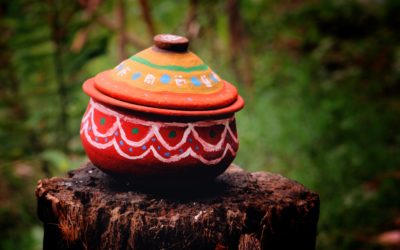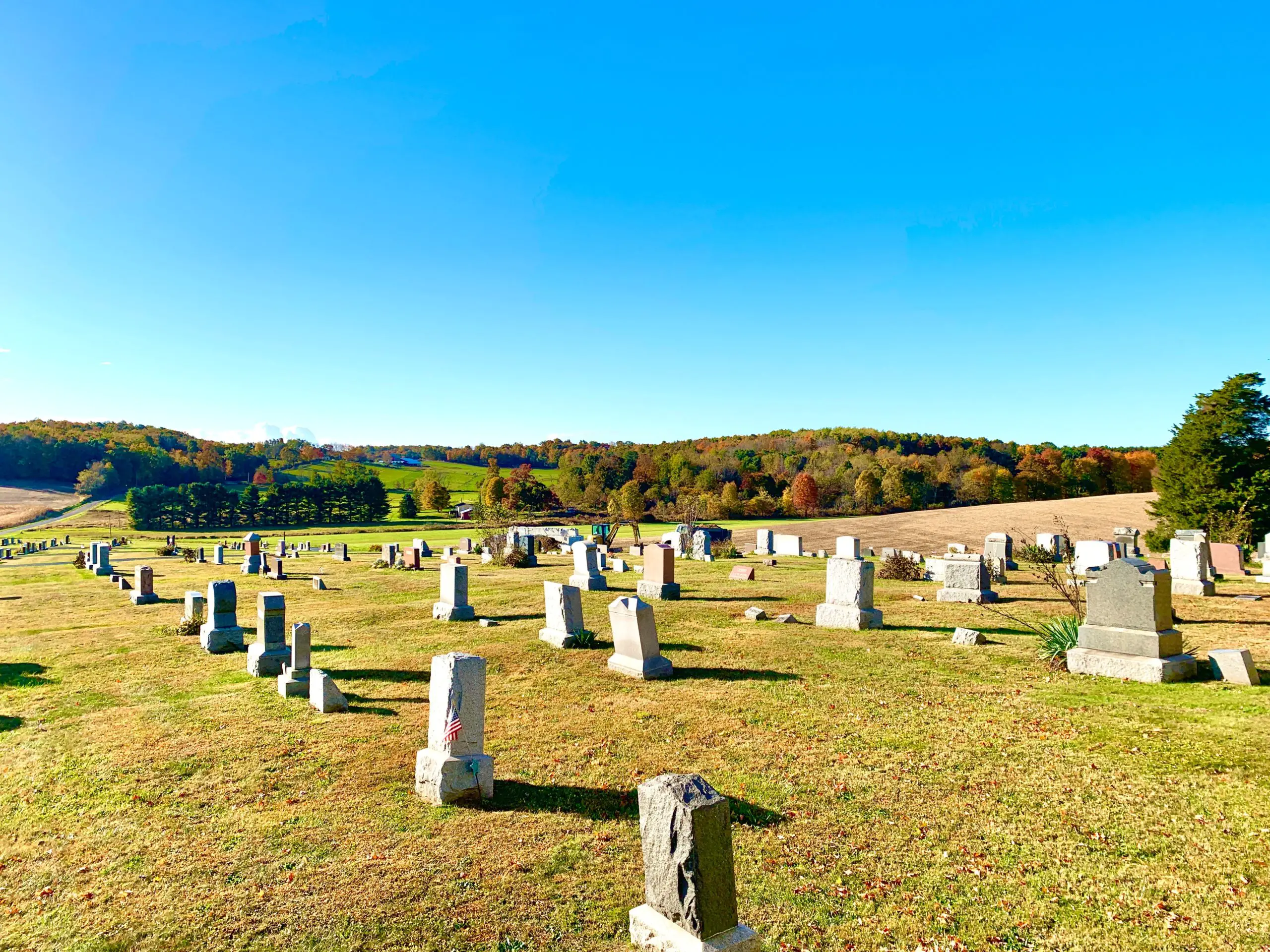The ceremonies and customs surrounding an individual’s passing can be challenging to navigate. In certain faith traditions, families may choose to hold a variety of pre-funeral services, including wakes, visitations, viewings, and memorials, each with a special significance and specific protocols concerning attendance, an arrangement of seating, displaying flowers, etc. Each of these events affords an opportunity for friends and family to come together and for attendees to express their condolences to the bereaved.
In the Islamic faith, there is a general encouragement to expedite the funeral and burial of the deceased1. Abu Hurayrah (may Allah be well pleased with him) narrates that the Prophet Muhammad (S) said: “hasten with the funeral, for if he/she was pious, you are hastening it to goodness…”2 In fact, it is very common for a Muslim funeral and burial to take place within a day or two of the death. As such, it is not typical for Muslims to hold special events such as wakes, viewings, or memorials before the official funeral service.
Paying one’s respects and offering condolences can be done after the funeral. While there are no specific religious services that take place after the official funeral prayer and burial3, some families may choose to hold gatherings after the funeral in order to gather everyone to pray for and remember the deceased. These gatherings may include a Dua’ (a simple gathering wherein people gather and pray for the deceased), a Khatm al-Qur’an / Qur’an Khaani (a gathering in which parts of the Holy Qur’an are divided up and recited quietly amongst the attendees), or simply an ‘Aza (a specified day/time in which members of the community may visit the household of the deceased). Each of these gatherings can be opportunities for one to attend and participate to the degree one feels comfortable, and more importantly, to pay one’s respects to the deceased and offer condolences to the family.
- A-Nawawi (d. 676 AH), Sharh al-Nawawi ‘ala Sahih Muslim, Vol. 3, P. 236; Al-’Ayni, Badr al-Din (d. 855 AH), ‘Umdat al-Qari Sharh Sahih al-Bukhari, Vol. 2, P. 325
- Al-Bukhari (d. 256 AH), Al-Jami’ Al-Sahih, 1315; Muslim (d. 261 AH), Sahih Muslim, 944
- Al-Shafi’i (d. 150 AH), Kitab al-Umm, Vol. 1, P. 317; Ibn Qudamah (d. 620 AH), Al-Mughni, Vol.1, P. 212




